Life of the Cancer Survivor- Dr. Pradip Kendre- Cancer Specialist
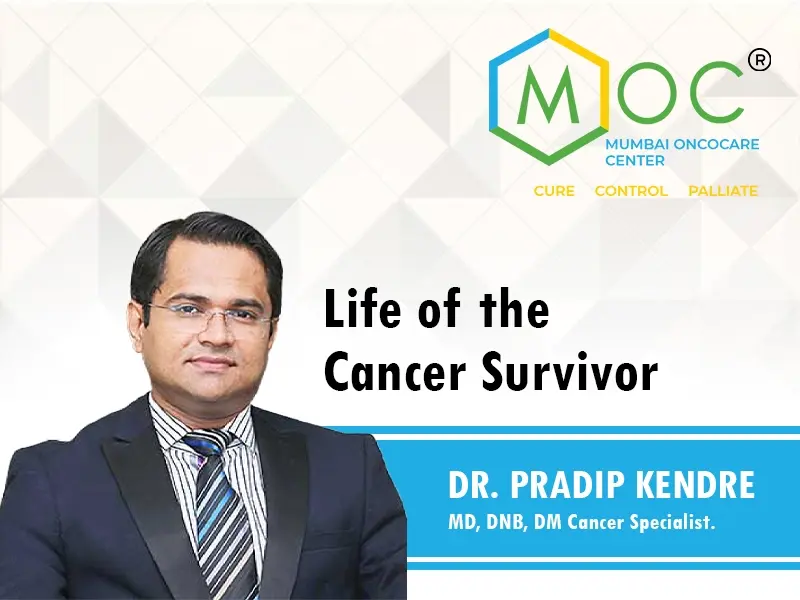


Cancer survivors may find themselves in the perplexing state of mind after completion of their treatment. While they are excited about the completion of their cancer treatment and happy about being free from cancer, they may also carry the fear of the cancer recurrence or simply put, the cancer coming back and it adds to their stress & anxiety. Some of them find it difficult to digest the fact that their cancer was at such a stage that they will have to live with it despite the best of the treatment as it can not be completely cured. Such patients will have to keep taking chemotherapy, oral targeted therapy or other forms of treatments at regular intervals to keep the cancer under control.
A mechanism called 'close follow up' after the treatment becomes very critical for all the cancer patients who have completed the treatment, irrespective of whether they are in a disease free or a disease control state of health. Cancer specialists or oncologists would always want to monitor the patient health very closely. They may advice some routine diagnostic tests during the follow up.
The objectives of such a close follow up are as follows:
- Monitor the overall health of the patient
- Monitor the occurrence of long term side effects of the cancer treatment if any
- Monitor the adequate functioning of vital body organs; like heart, kidney, liver, lungs etc.
- Look for new symptoms in patients suggestive of any secondary health issue or cancer recurrence
The followup parameters may change depending on the site of the cancer that the patient is or was suffering with. Cancer survivors are expected to proactively report new symptoms or other health issues that they may be facing after the treatment so that those can be addressed or treated with utmost priority.
It is in their best interest to ask their oncologist for a 'Survivorship Care Plan' that should include the following:
- A schedule of follow-up visits to the oncologist
- A schedule for routine tests and examinations
- A list of probable or expected short-term and long-term side effects of cancer treatment
- What to look for and the possible remedies for such side effects if they arise
- Things to do to lower the risk of cancer recurrence and improving health and quality of life
Preserving and keeping handy records of the survivor's medical history, treatment, insurance papers etc is equally important. The entire history of the disease and the treatment of the patients in a chronological order should be available to the patient and the doctor all the time. Cancer treatment and follow up may require the patients meeting multiple specialists like radiation oncologist, medical oncologist, surgical oncologist, diagnostic expert, nutritionist etc at different times and at every level of intervention by these experts, medical records should be handy for a quick reference.
While all these recommendations are followed, it is also important for cancer survivors to take advice for and meticulously follow the diet plan. Cancer nutritionists are the experts whose advice should be taken in this regards. Survivors should refrain themselves from bad habits like tobacco, cigarette, alcohol, consumption of fatty food; instead spend a reasonable amount of time on exercise or adequate physical activity to possibly reduce the chances of cancer coming back.
Remember, consciously keeping a close follow up with the cancer specialist / oncologist and maintaining the healthy lifestyle is the best remedy for cancer survivors to lead a happy life.
Dr. Pradip Kendre; MD, DNB, DM
Consultant Cancer Specialist
Mumbai Oncocare Centre
9920767626 / 7506128787
drpradipkendre@mocindia.co.in
www.mocindia.co.in
Latest Blogs
-
![Nidar Naari is a movement initiated by M|O|C Cancer Care & Research Centre]()
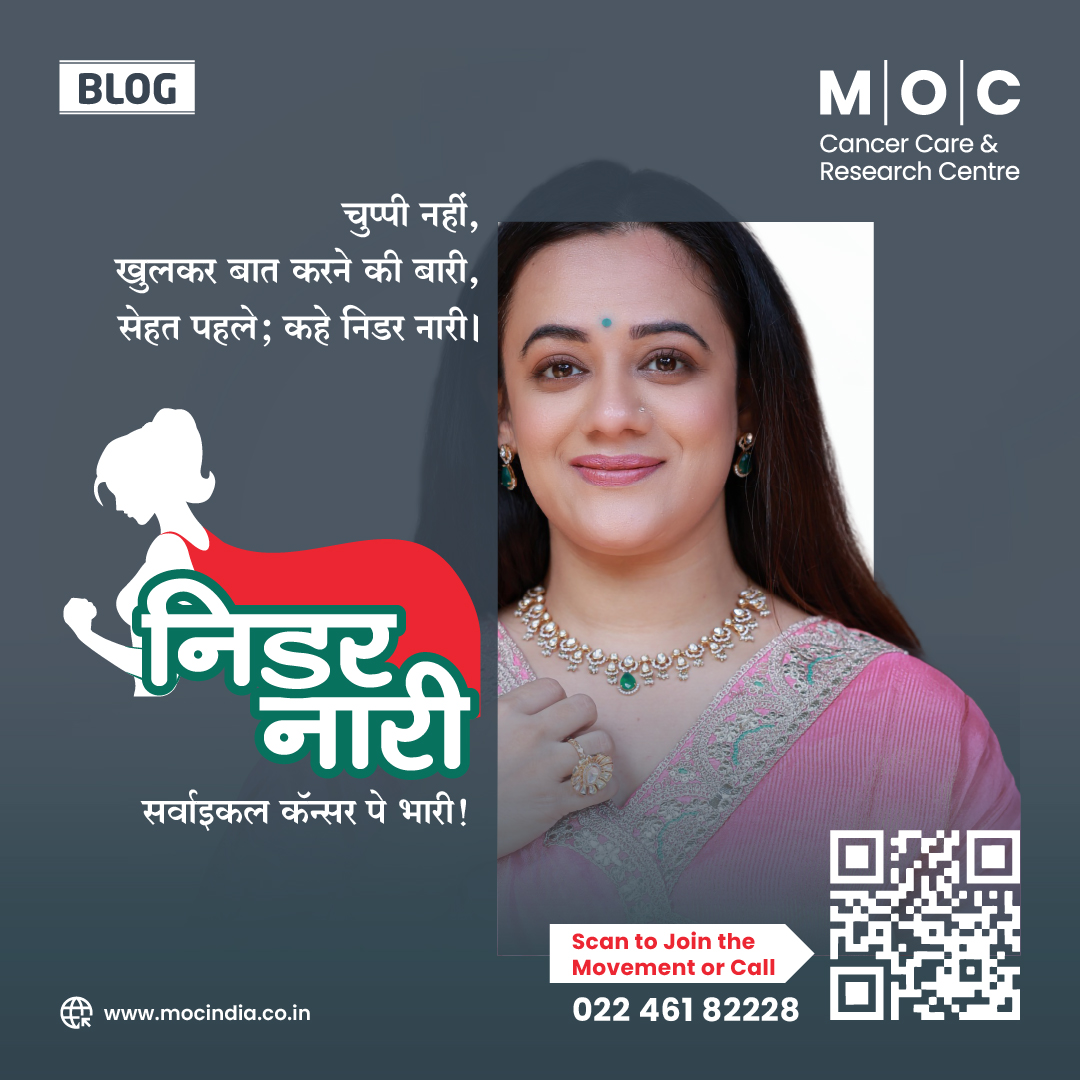
- 10th Feb, 2026
- Nidar Naari is a movement initiated by M|O|C Cancer Care & Research Centre
-
![Cervical Cancer Awareness Month- January 2026]()
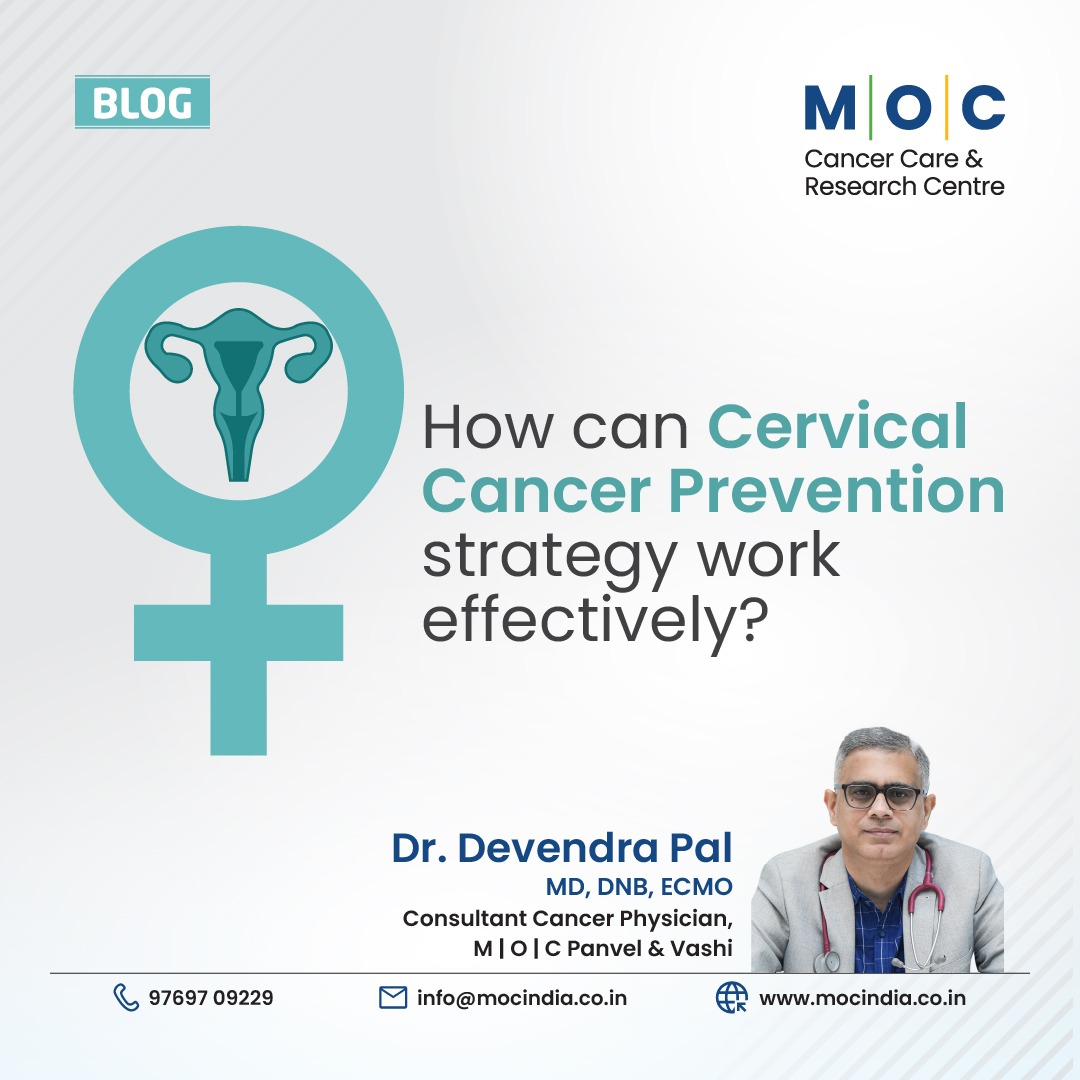
- 23rd Jan, 2026
- Cervical Cancer Awareness Month- January 2026
-
![Why Vaccinating Boys Against HPV is a Win for Everyone ?]()
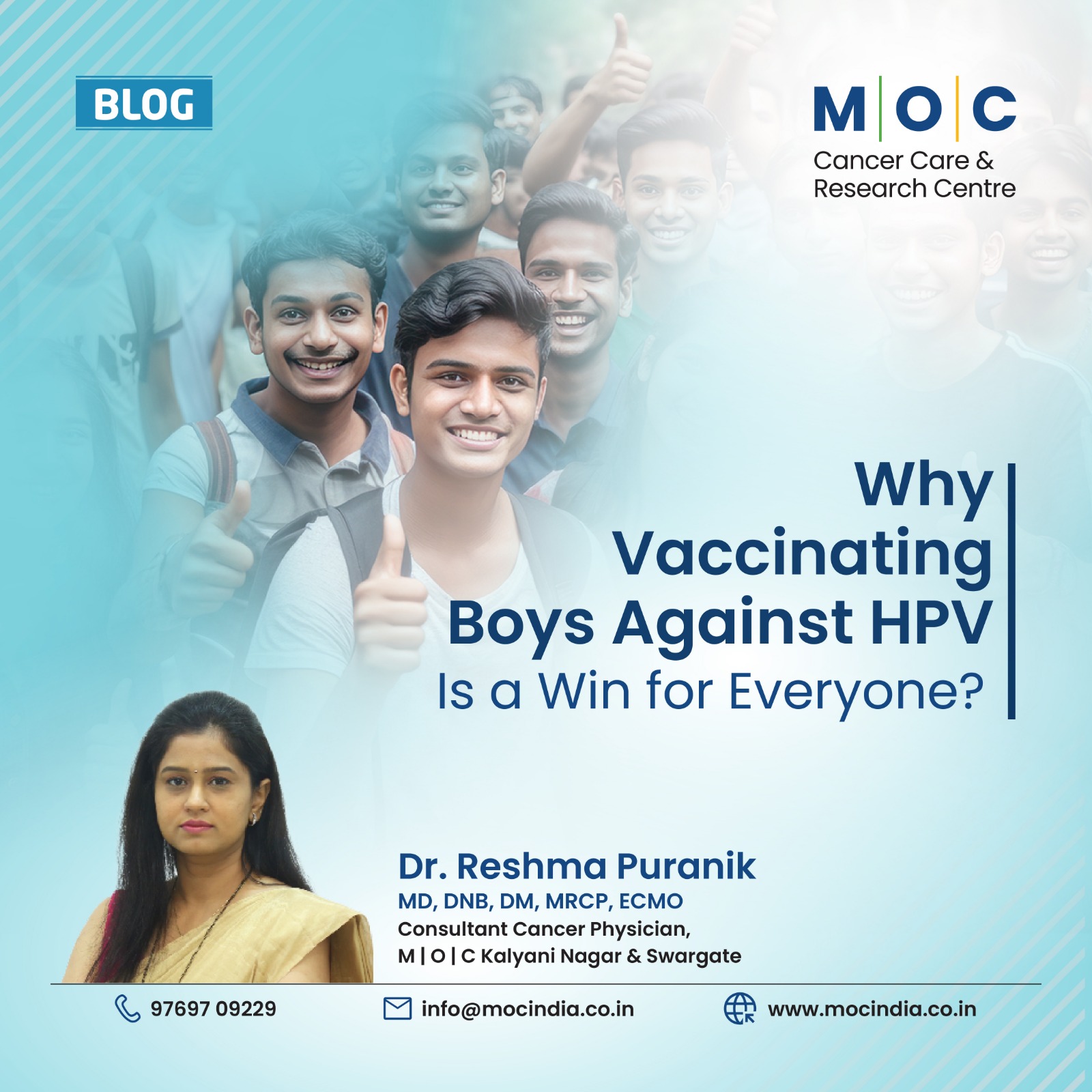
- 20th Jan, 2026
- Why Vaccinating Boys Against HPV is a Win for Everyone ?
-
![Are Pollution and Chemical Exposure Driving the Rise of Blood Cancer Cases in Children?]()
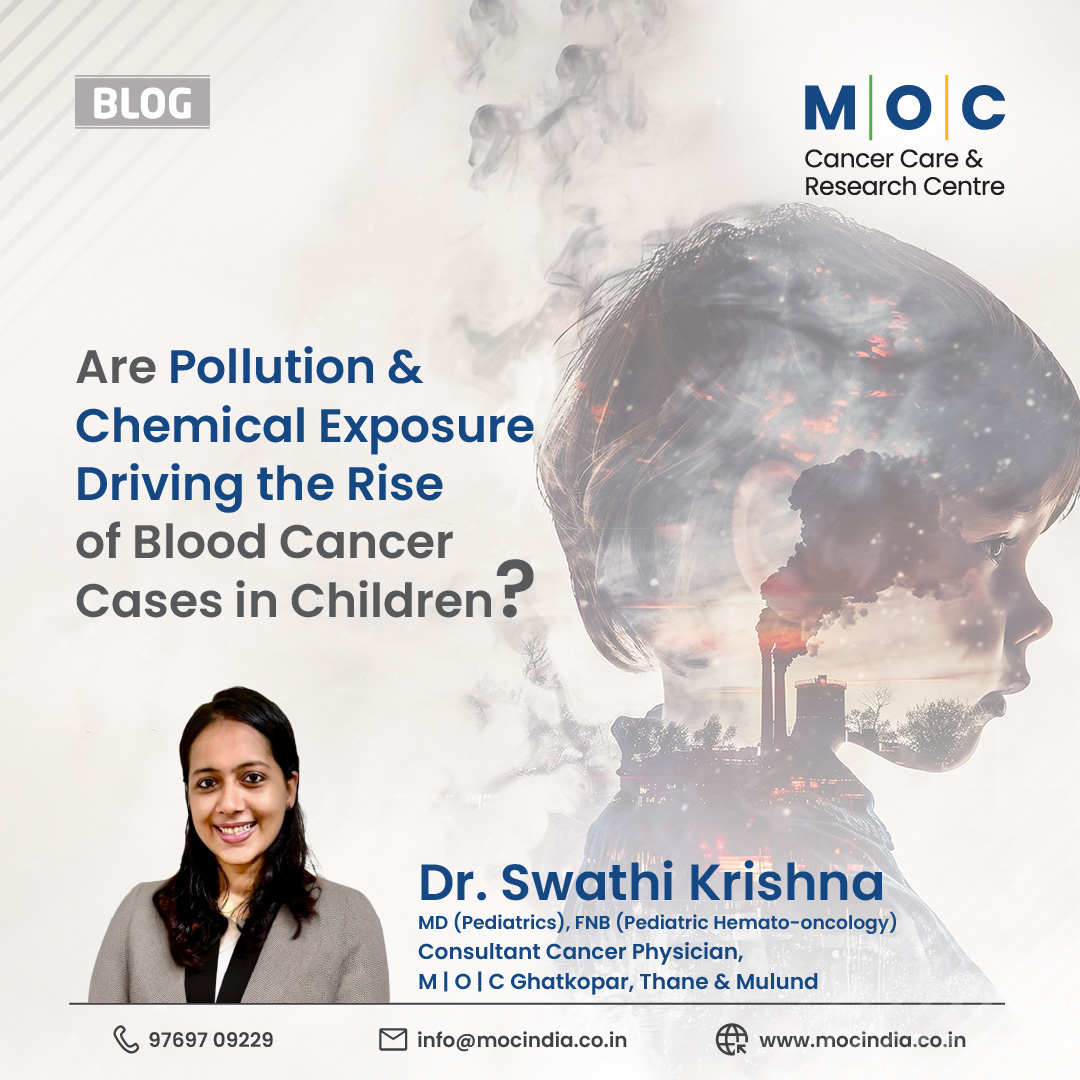
- 17th Jan, 2026
- Are Pollution and Chemical Exposure Driving the Rise of Blood Cancer Cases in Children?
-
![Significant Advancements in Cancer Treatment in 2025- Dr Kunal Jobanputra- M|O|C Kemps Corner and Mahim]()
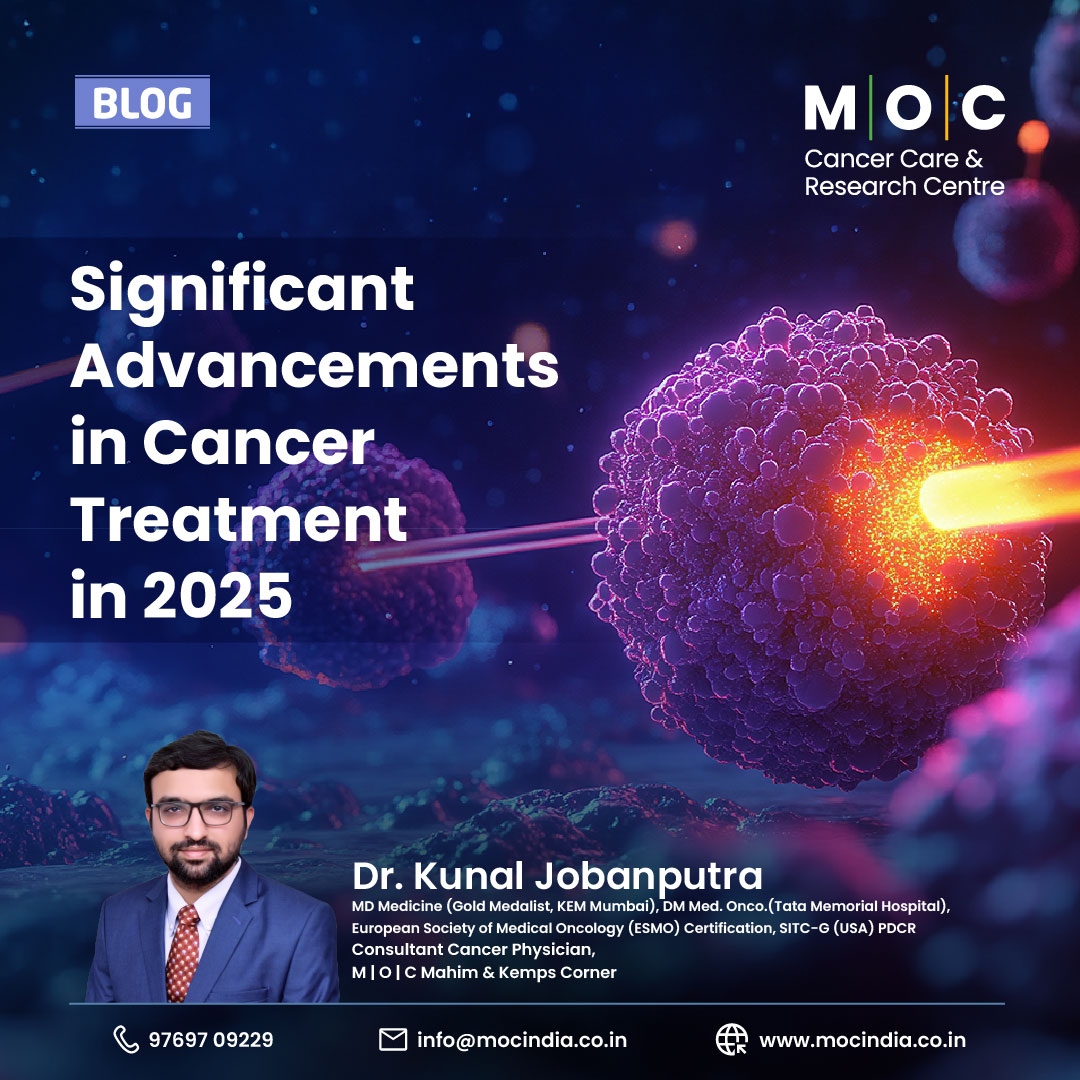
- 12th Jan, 2026
- Significant Advancements in Cancer Treatment in 2025- Dr Kunal Jobanputra- M|O|C Kemps Corner and Mahim
-
![Managing sleep disturbances during and after cancer treatment]()

- 11th Dec, 2025
- Managing sleep disturbances during and after cancer treatment
Book Your Appointment








